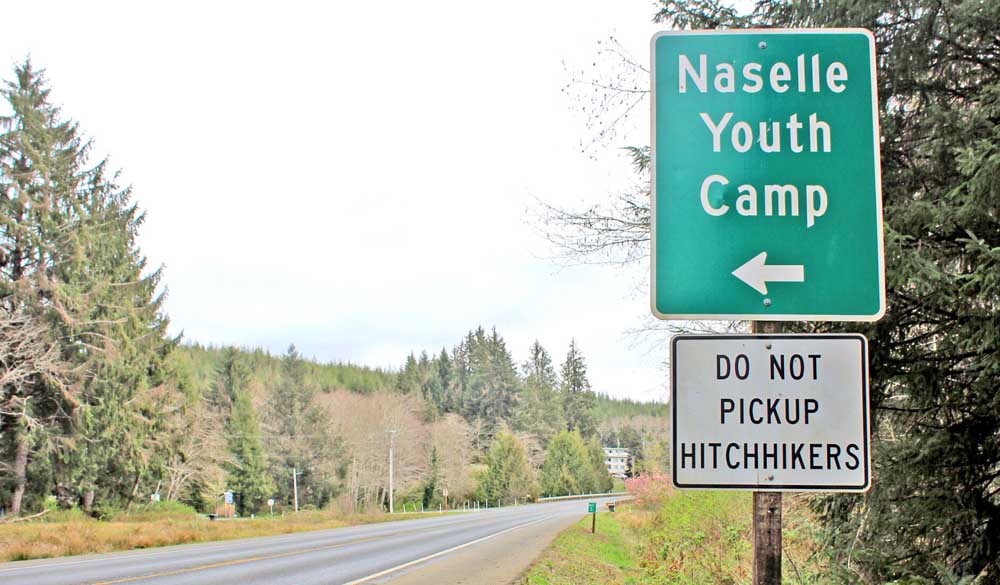Ideas afloat for former youth camp
Published 10:01 am Tuesday, September 12, 2023

- Naselle Youth Camp was closed in 2022 after 56 years helping rehabilitate many Washington youths who landed in trouble with the law. A committee is considering how best to utilize the former campus, which includes about 20 buildings.
NASELLE — No decision has been made as to what will be done with the now-defunct Naselle Youth Camp, and it will be at least late next year before any formal decision is made. A committee working to decide what will happen continues to meet and ponder ideas, with a gathering planned soon in Naselle.
The camp closed on Sept. 25, 2022, and has remained dormant other than a handful of workers maintaining and guarding the facility. Once a proud economic backbone of Naselle, the campus is now quiet and shadowed by Radar Ridge and the Willapa Hills.
State Rep. Jim Walsh, R-Aberdeen, introduced House Bill 1496 in the 2023-2024 session that would transfer land ownership to the Chinook Indian Nation, but the bill did not get a hearing. The tribe, currently headquartered in a residence in Bay Center, would like to base its operations there and expand its cultural, social and artistic offerings.
“He’s hopeful it will in 2024,” said Karen Larsen, Walsh’s legislative assistant.
A committee to explore options for the facility was established as part of the state’s 2023-25 operating budget that was passed and signed into law in the spring. It is comprised of 13 members, including one from the tribe and 19th Legislative District Sen. Jeff Wilson, R-Longview, who is helping lead the charge for a positive outcome.
“We have to get a report back to the legislature by June or July of 2024, and we are meeting about once a month,” Wilson said. “The group has been very active, and we have an upcoming meeting in person on-site at the facility itself. It will be our third or fourth meeting, and I think it’s a well-balanced group.”
“I’m not sure what the recommendation is going to end up at, but we are going through lots of ‘what would you do with the facility [ideas],’” Wilson added.
The Chinook proposal has received pushback, in part because it is not currently recognized as a tribe by the federal Bureau of Indian Affairs or Congress. Other ideas include using the former residential buildings for low-cost housing. A pathway for maintaining the facility’s extensive physical infrastructure, which includes a wastewater treatment plant, is certain to be required of any future occupant.




